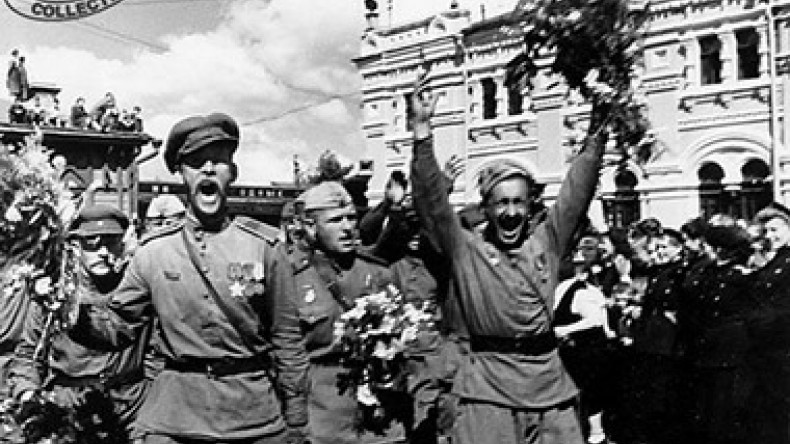
Victory Day is marked today
Victory Day or 9 May marks the capitulation of Nazi Germany to the Soviet Union in the Second World War (also known as the Great Patriotic War in the Soviet Union). It was first inaugurated in the fifteen republics of the Soviet Union, following the signing of the surrender document late in the evening on 8 May 1945 (after midnight, thus on 9 May, by Moscow Time). The Soviet government announced the victory early on 9 May after the signing ceremony in Berlin. Though the official inauguration happened in 1945 (which means it has been celebrated since 1946), the holiday became a nonworking day only in 1965 and only in some of the countries.
In the former Soviet Union this festival was celebrated to commemorate the Red Army's victory over the Nazi forces.
In communist East Germany, 8 May was officially known and celebrated as "Liberation Day" and was a public holiday between 1950 and 1966, and again on the 40th anniversary in 1985. In 1975 a Soviet-style "Victory Day" was celebrated on the 9 May. Since 2002, the German state of Mecklenburg-Vorpommern has observed a commemoration day known as the "Day of Liberation from National Socialism, and the End of the Second World War."
Since the liberation of Shushi in 1992 by the Armenian forces in the Nagorno-Karabakh War, 9 May celebrations in Armenia as well as in Nagorno-Karabakh Republic have honored that victorious turning-point in the war in addition to the victory in World War II.
Newsfeed
Videos






























